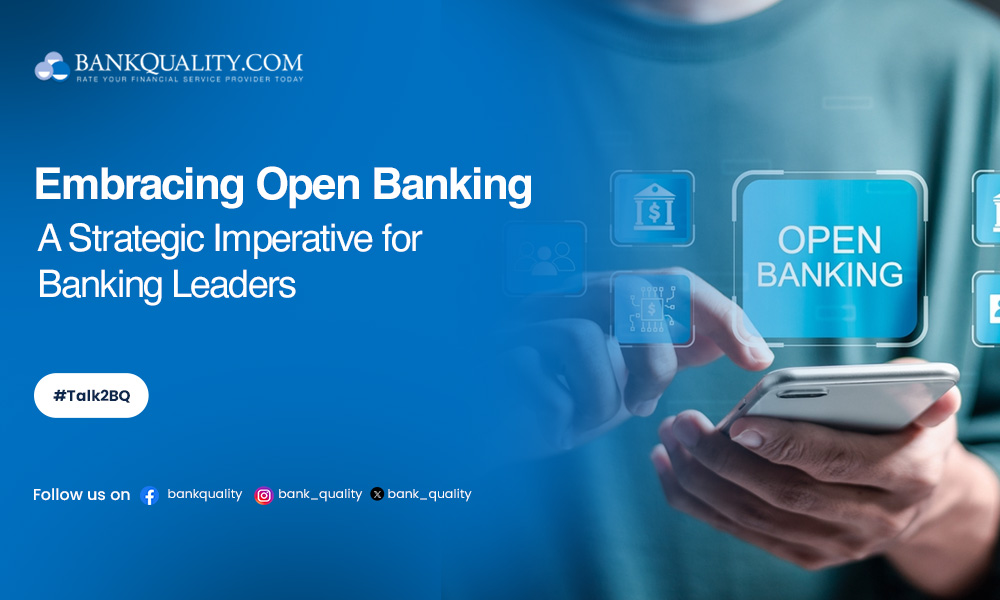
In today's dynamic financial landscape, open banking stands out as a transformative force reshaping traditional banking practices. Embracing open banking is no longer a choice but a strategic necessity for banking leaders striving to maintain competitiveness and relevance in the digital age.
Open banking, at its core, involves the sharing of customer data securely and seamlessly among different financial institutions, fintech companies, and third-party developers, fostering innovation, collaboration, and enhanced customer experience.
In recent years, there has been a significant shift in the mindset of banking leaders towards open banking. Rather than viewing it as a threat to their traditional business models, forward-thinking banking leaders now see open banking as a catalyst for growth, enabling new revenue streams, operational efficiencies, and personalised services to meet evolving customer demands.
Open banking fosters collaboration
Open banking revolutionises industry dynamics by fostering collaboration instead of rivalry, particularly with fintech startups. By forging strategic partnerships and integrating innovative solutions, banks leverage fintech agility to enhance their service offerings and deliver added value to customers.
Driving innovation and growth
The global open banking market is projected to grow to $43.15 billion by 2026, reflecting a robust compound annual growth rate of 24.4% from 2021. This growth underscores its pivotal role in shaping the future of banking through enhanced innovation and collaboration across the sector.
In addition to driving innovation and collaboration, open banking also holds the promise of enhancing financial inclusion and democratising access to financial services. By enabling secure access to customer data, banks can develop more accurate risk assessments and offer tailored financial products to underserved segments of the population.
Ensuring security and trust
As banking leaders chart their course in this new era of open banking, it is essential to prioritise data security and privacy. With greater data sharing comes increased responsibility to safeguard customer information and maintain trust and confidence in the banking system. By investing in robust cybersecurity measures and compliance frameworks, banks can mitigate risks and build a secure foundation for open banking initiatives.
Open banking represents a paradigm shift in the banking industry, offering unprecedented opportunities for innovation, collaboration, and customer-centricity. As banking leaders embrace this transformative trend, they must stay agile, adaptable, and forward-thinking to thrive in an increasingly competitive landscape. By harnessing the power of open banking, banks can unlock new possibilities and redefine the future of finance for generations to come.
In today's digital age, the success of banking leaders will be defined not by their ability to cling to outdated models but by their willingness to embrace change and pioneer new paths towards innovation and growth. Open banking is not just a trend; it is the future of banking, and the time for leaders to act is now.